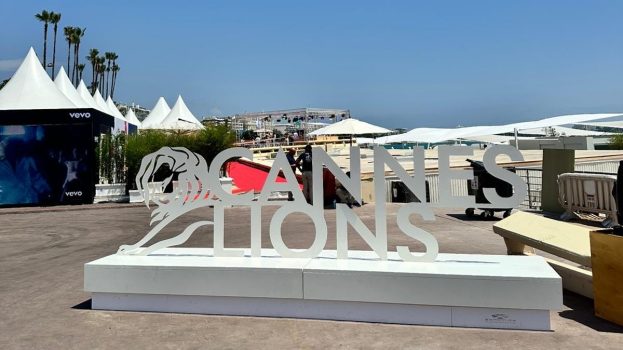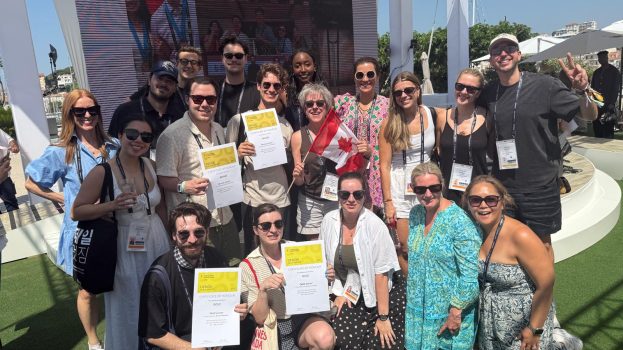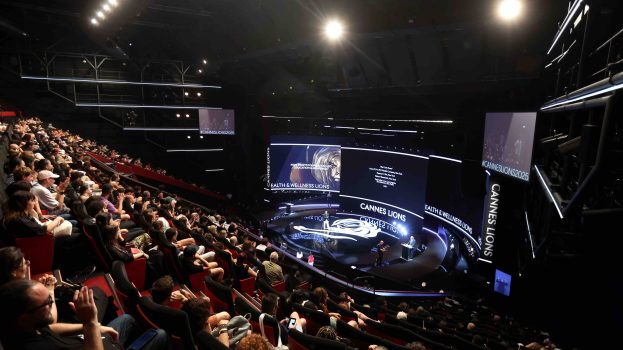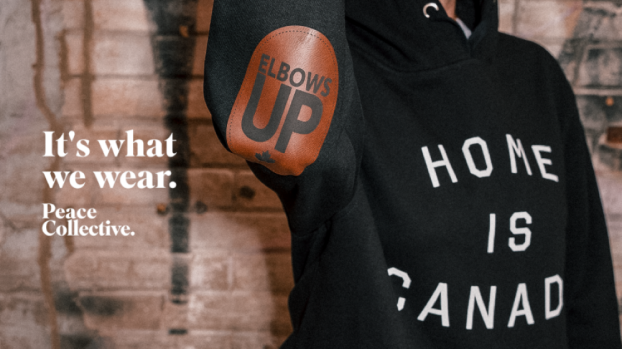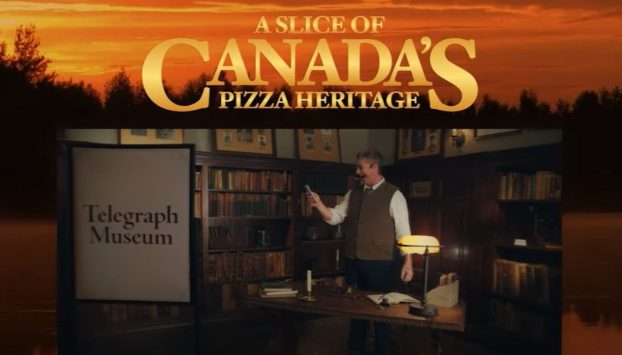
Film can be a potent creative catalyst for the discourse around issues like toxic masculinity and youth oppression when you get it right. White Ribbon’s “Boys Don’t Cry” and Right To Play’s “We Rise” tackled those very issues with impact by starting witha powerful insight.
Through content, non-profit White Ribbon and agencies Bensimon Byrne and Narrative explored what it means to be a man in the #metoo era. As stories flood news media, society is finally talking about the devastating consequences of toxic masculinity. But is anything being done to get at the heart of the issue?
As little kids, boys are allowed to express their emotions. But as they grow older, they’re socialized to show only those emotions associated with masculinity, while suppressing healthy ones like fear, sadness, and compassion. Research shows that this can have negative effects later in life, such as mental health issues, substance abuse, violence, incarceration and early mortality.
“Boys Don’t Cry” is a three-minute film that begins with a young boy experiencing emotions from love to sadness. But as he grows up, he’s told to bottle up his emotions and gradually transforms from an innocent child into a violent teenager.
The film was launched on Canada’s National Anti-Bullying Day across two national networks, which agreed to air the film for free. The Toronto Maple Leafs and anti-bullying advocates Monica Lewinski and George Takei, as well as parental expert Alyson Schafer helped to share the film beyond Canada. The video was picked up in 150 stories globally, generating 66 million impressions, and landed two Bronzes, one in Creaive Catalyst, another in Social Strategy.
To rally support for kids in third world countries who have been deprived of their childhood, Right to Play highlighted the power of play-based learning, which helps children to rise above adversity. Most people think of play as trivial. But games, sports, creative and free play can actually give children critical life skills, while classroom play helps them to engage in lessons.
Because children are the most vulnerable and oppressed group in the world, BBDO Toronto created the anthemic “We Rise” spot, which encourages people to join a movement in helping youth to rise up. The spot’s poetic copy sheds light on the dire circumstances that many children find themselves in, with the film supported by two equally emotional videos, one telling the story of a child soldier and another of a child labourer.
“We Rise” aired with donated media and was supported by Right to Play’s network of athlete ambassadors. Facebook also used the campaign to help launch its “donate now” button. As a result, Right to Play saw a 40% increase in online donations and a 42% increase in new donors, raising enough money to give 40,000 kids a year of play. The campaign insight was recognized with a Silver in Creative Catalyst, as well as a Bronze in Turnaround Strategy.
Coming home to Canada
In 2018, Tim Hortons was dealing with a public dispute with franchisees, new foreign ownership and a controversy over minimum wage. The QSR needed to build love for its brand again, and it turned to Zulu Alpha Kilo to help.
“The Away Game” is a Silver Content Strategy-winning film that followed the brand’s steps to give Kenya’s hockey team the game of a lifetime. It aimed to build goodwill by bringing Canada’s community together to welcome “The Ice Lions” (a team that had no one to play against).
The brand flew the team to Canada and set up a game with a local league, as well as pro players Sidney Crosby and Nate McKinnon. The video launched on YouTube and social, with an 18-minute version airing during a primetime game on Rogers’ Sportsnet.
“The Away Game” got four million views in the first four days and eight million social media impressions in just 72 hours. More importantly, a Leger Brand Reputation Report showed that Tims leaped 17 spots from 50th to 33rd.

